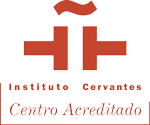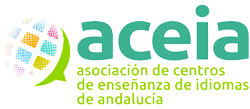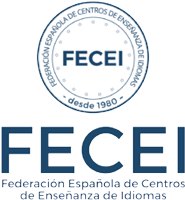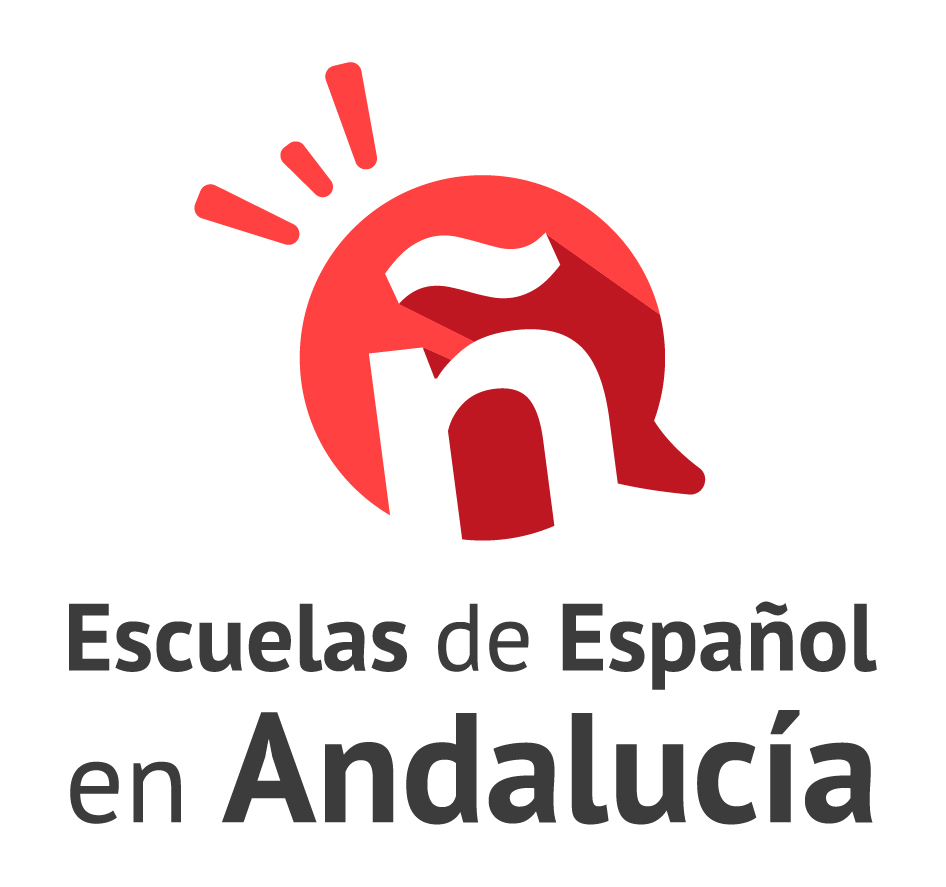Why Choose a Cervantes Accredited School
The Instituto Cervantes is a public institution established by the Spanish government in 1991 with the mission of globally promoting the teaching, study, and use of the Spanish language, as well as contributing to the dissemination of Hispanic cultures abroad. It operates under the Ministry of Foreign Affairs, European Union, and Cooperation of Spain, and collaborates with prestigious national and international institutions, both public and private. Its goal is to ensure that products and services related to the Spanish language meet high-quality standards and to foster dialogue and cultural exchange between Spain, the wider Hispanic world, and other global cultures.

The Instituto Cervantes focuses on preserving and promoting the linguistic and cultural heritage shared by Spanish-speaking countries and communities. It is present in over 90 cities across 45 countries on five continents through its centers, classrooms, and extensions. In Spain, it has two main headquarters: one in Madrid, the central headquarters, and another in Alcalá de Henares.
What does it mean for a center to be accredited by the Instituto Cervantes, and what advantages does this offer to students?
When a center is accredited by the Instituto Cervantes, it signifies that the center meets strict quality standards in teaching Spanish as a foreign language. This accreditation provides students with a guarantee that the center employs qualified teachers, uses effective pedagogical methods, has adequate facilities, and is committed to continuous improvement.
For students enrolling in an accredited center, this brings several benefits. Firstly, they receive high-quality instruction that adheres to the highest international standards for language teaching. Accredited centers are also subject to regular inspections to ensure they maintain these standards, giving students peace of mind that their education is consistently evaluated and upheld.

Another significant advantage is that certificates or diplomas issued by these centers are often recognized globally, which can open academic and professional opportunities. Students preparing for official language certifications, such as the DELE (Diploma of Spanish as a Foreign Language), will also find accredited centers to be ideal environments for preparing for these exams.
Finally, a center’s connection to the Instituto Cervantes links students to a wide international network that promotes the Spanish language and Hispanic culture. This enriches their language learning experience and provides access to cultural and academic events organized by the institution, offering a comprehensive immersion in the Spanish-speaking world.












